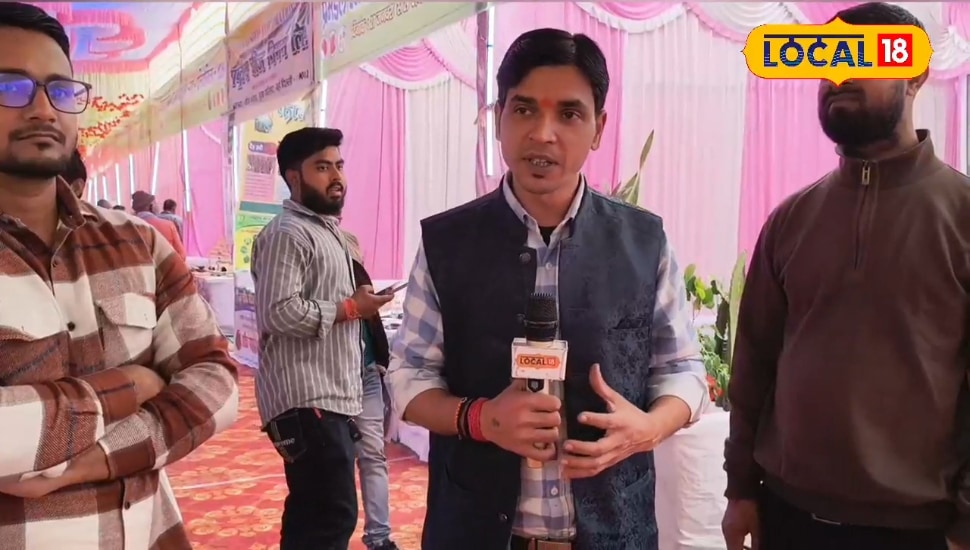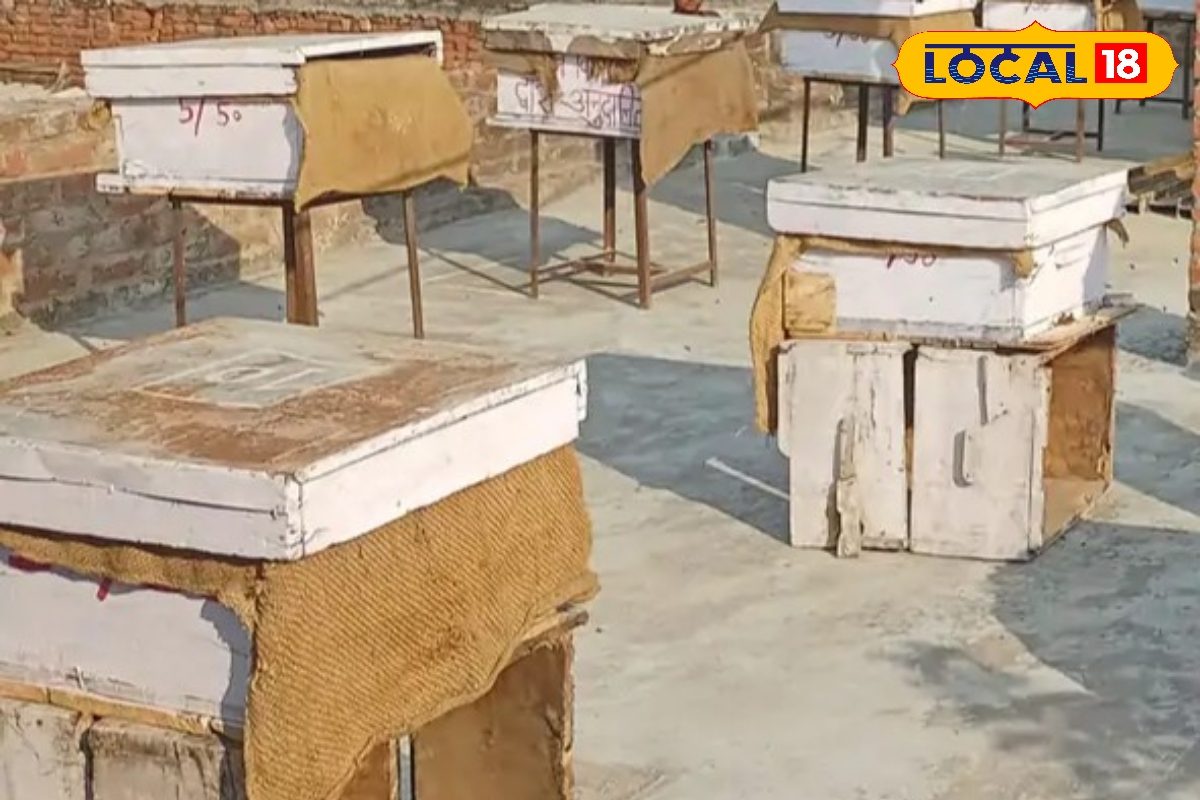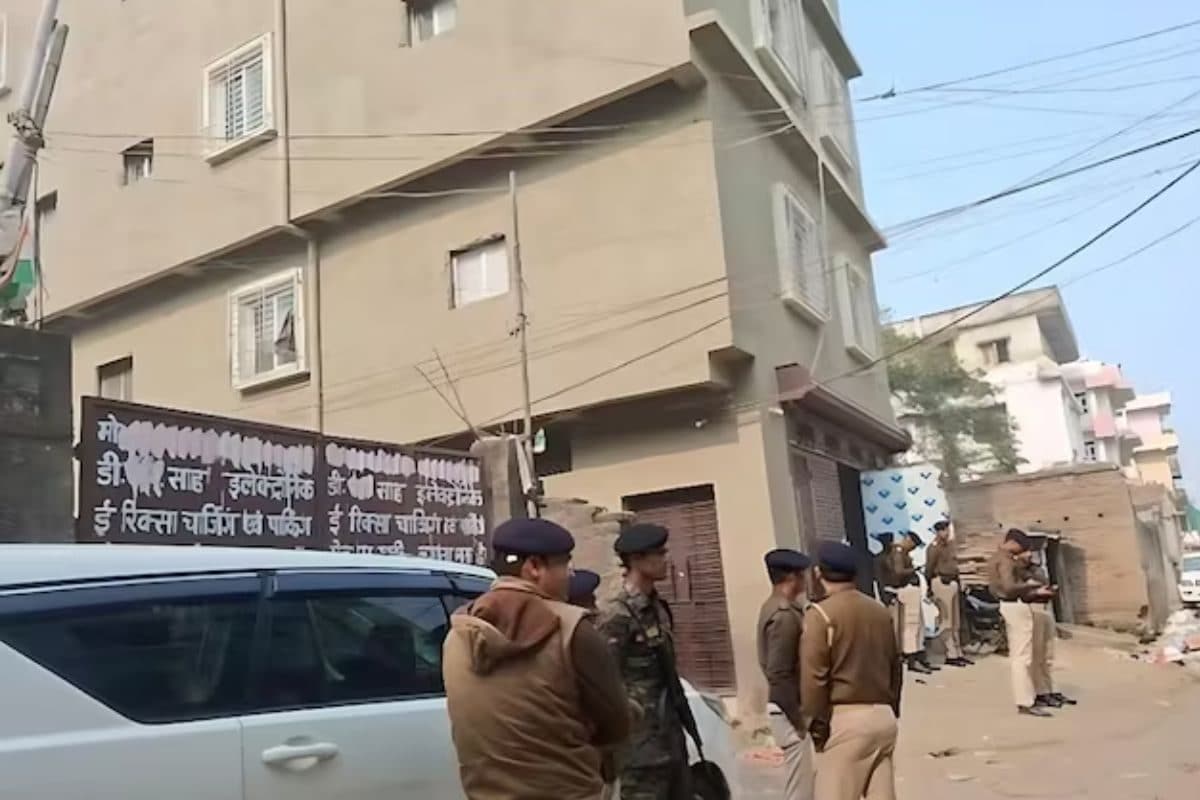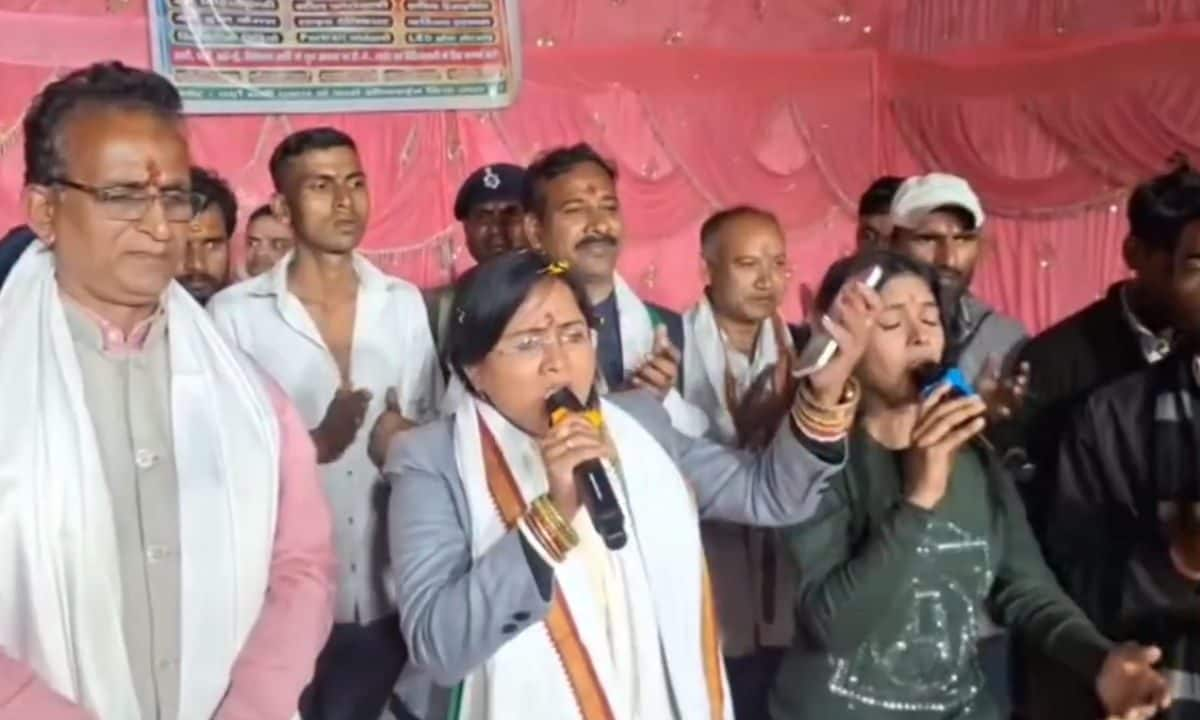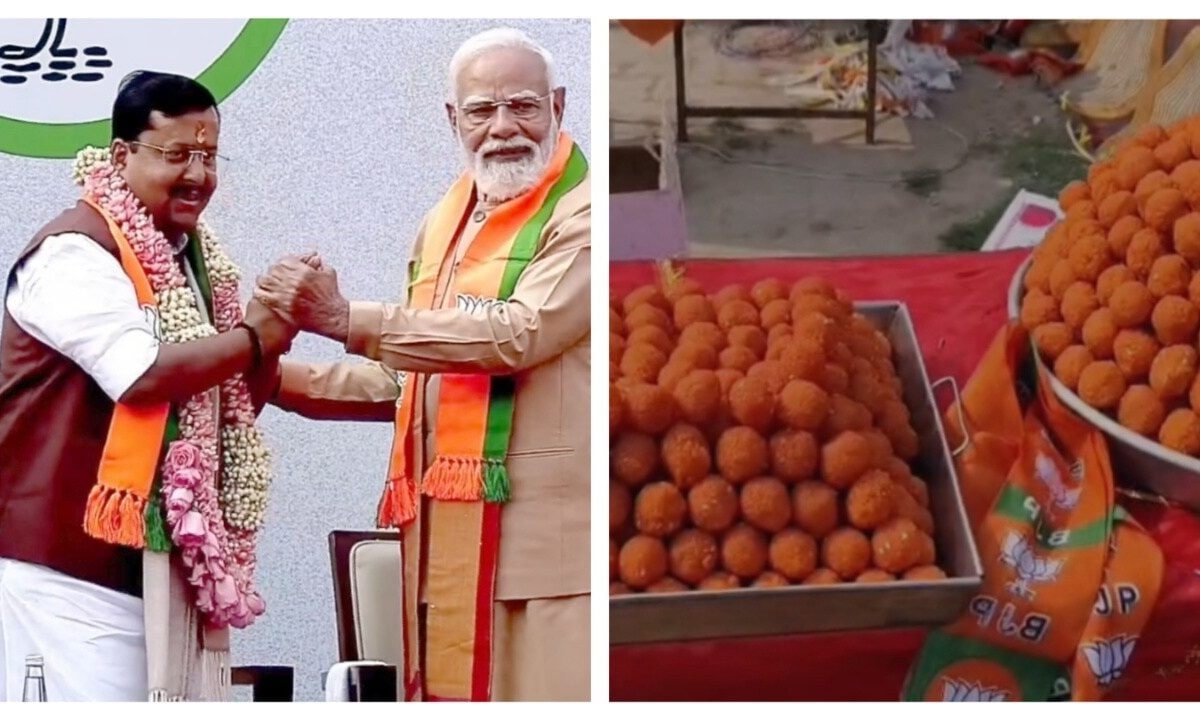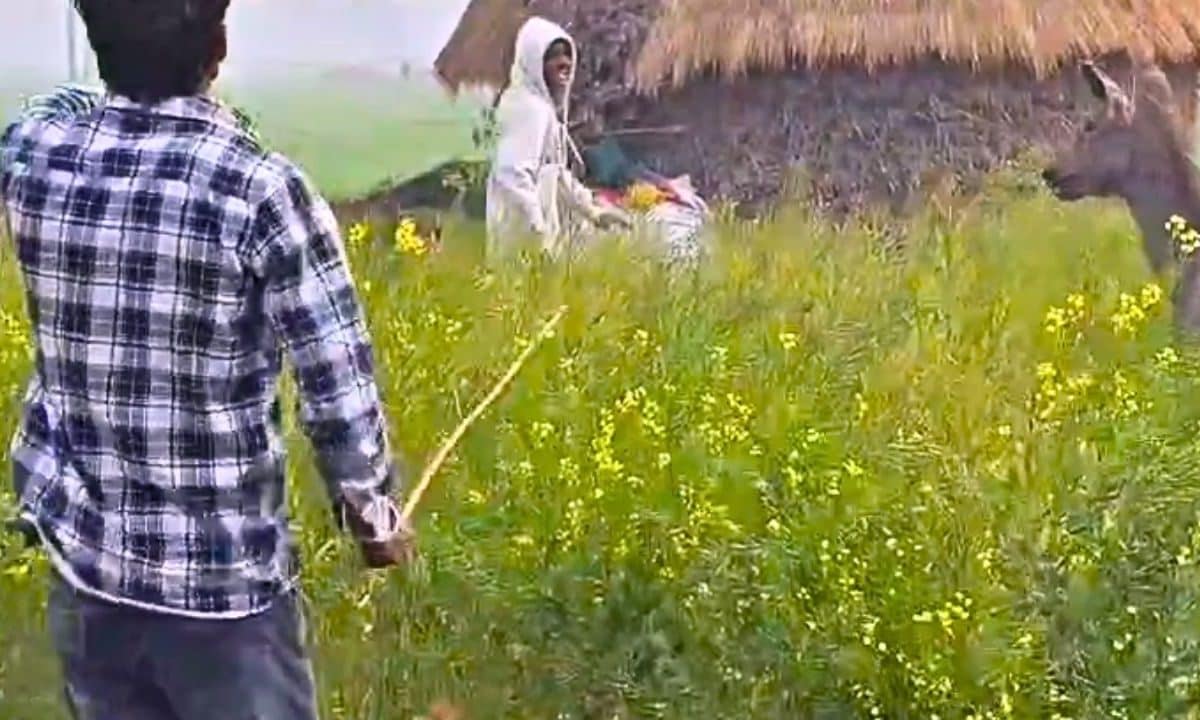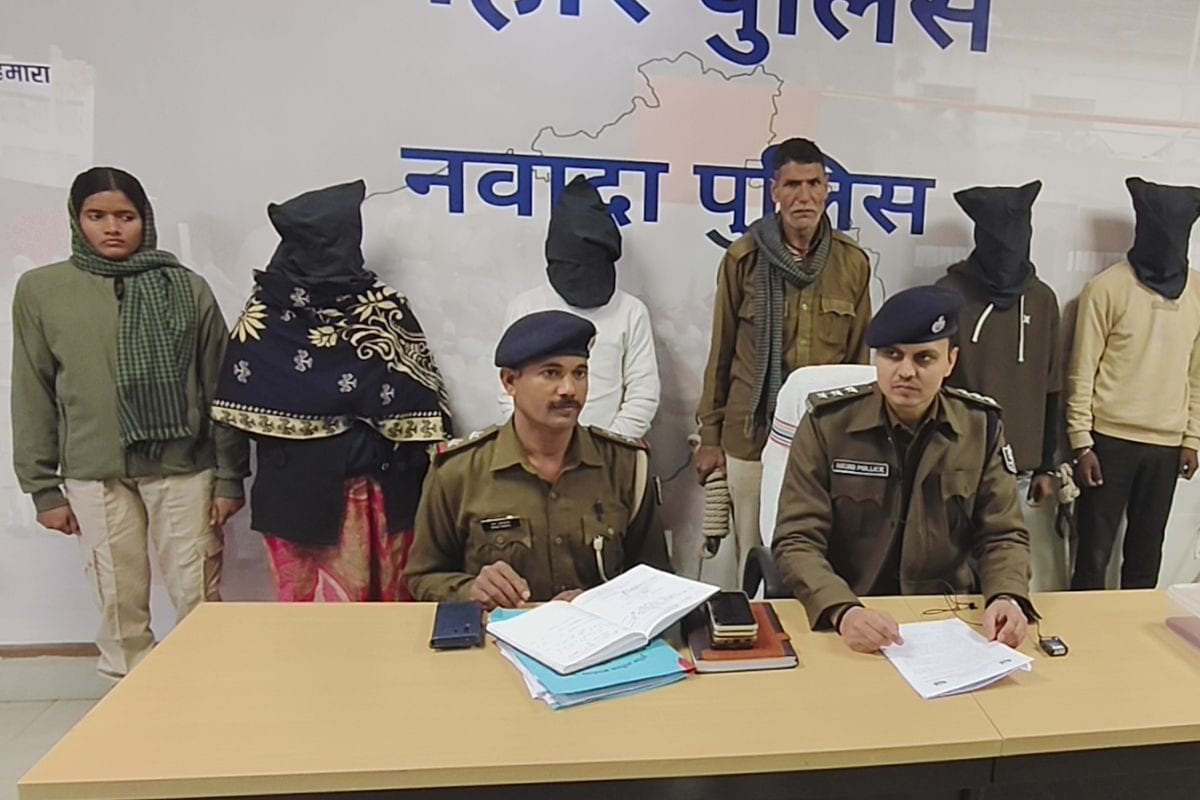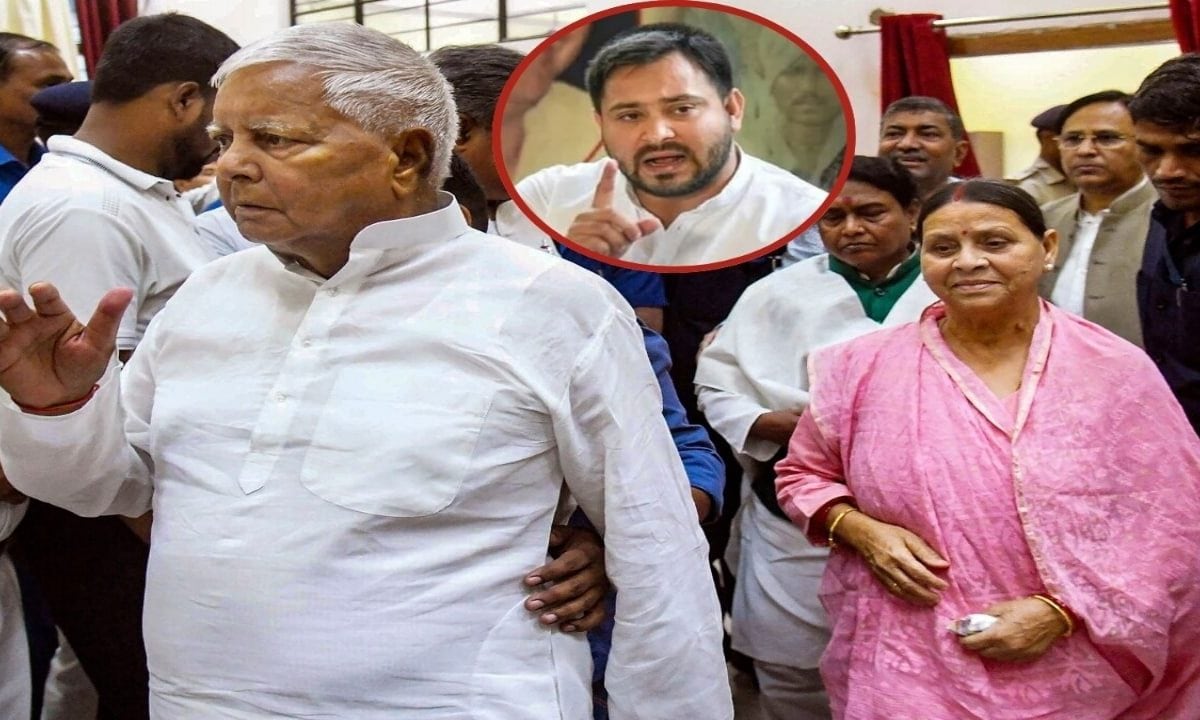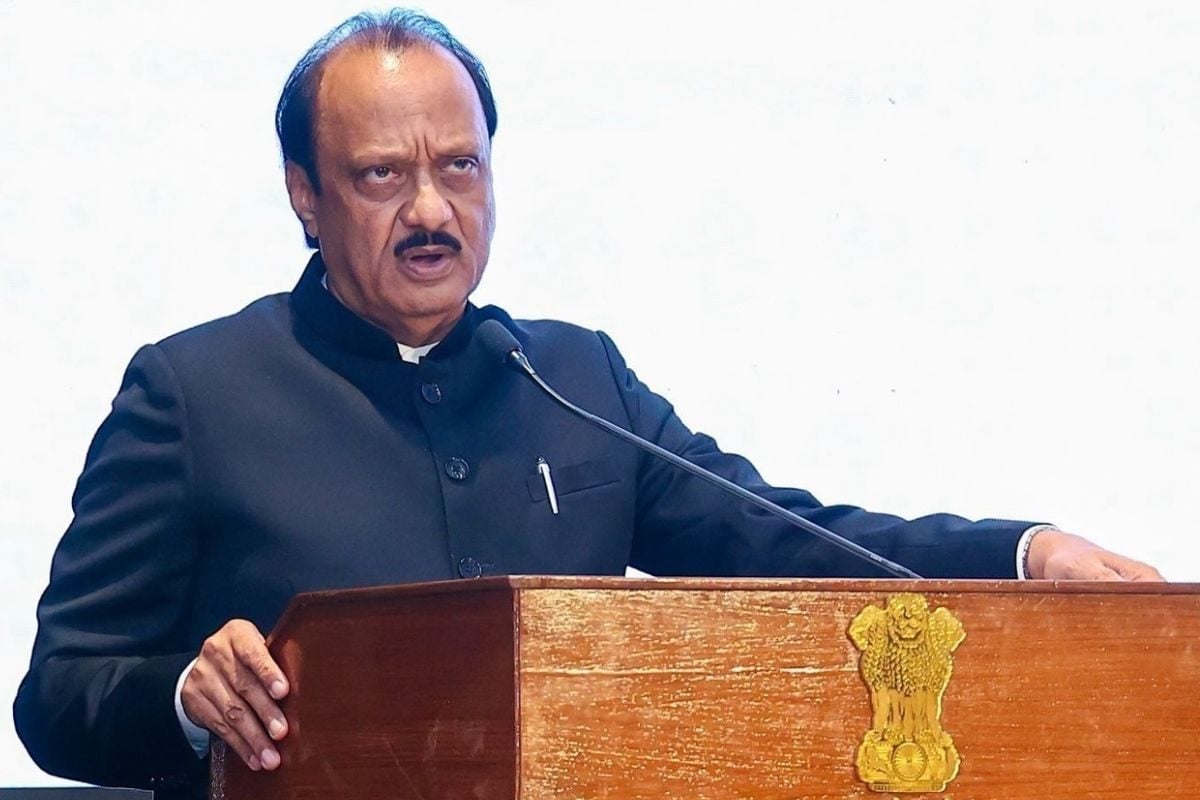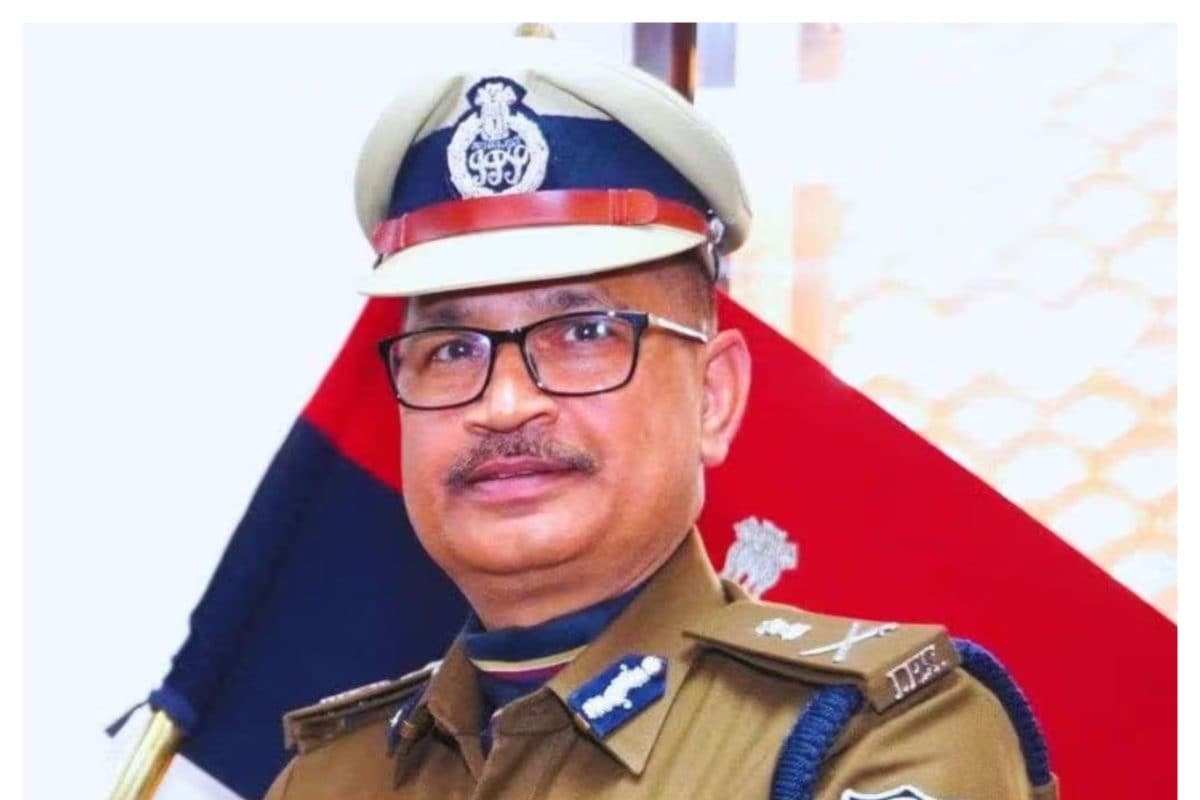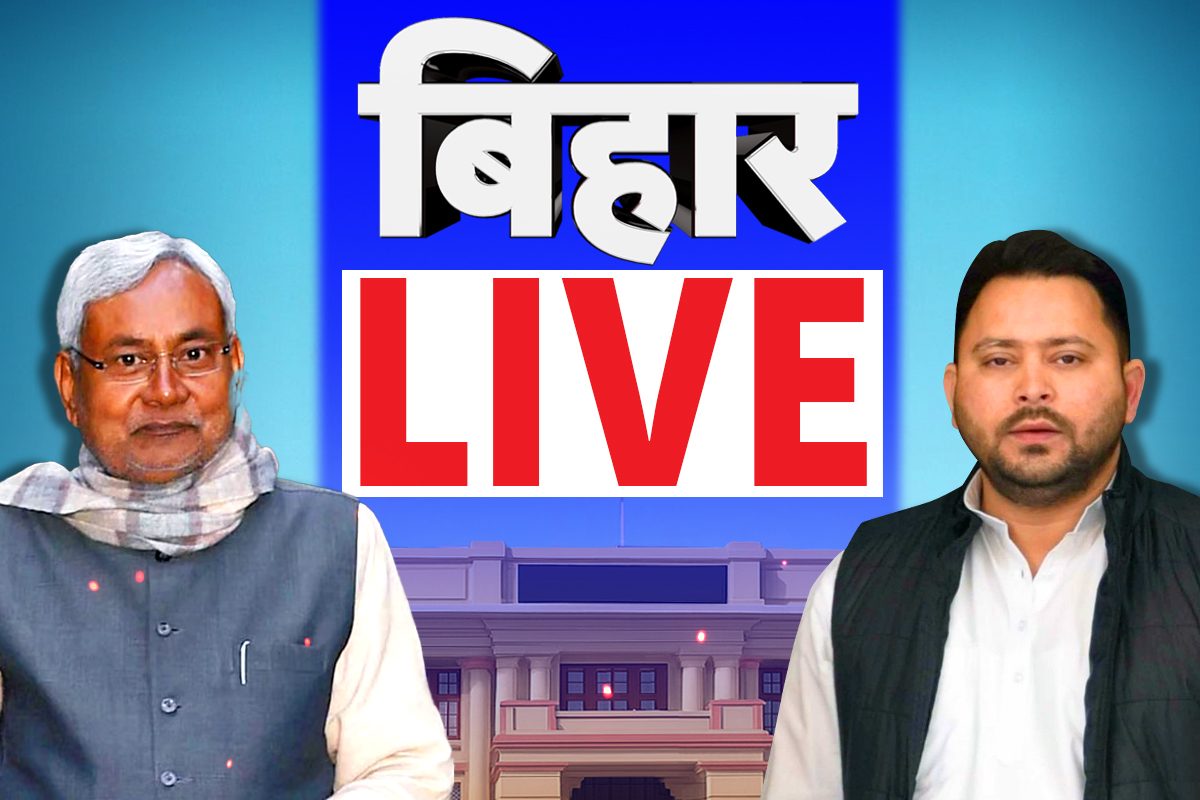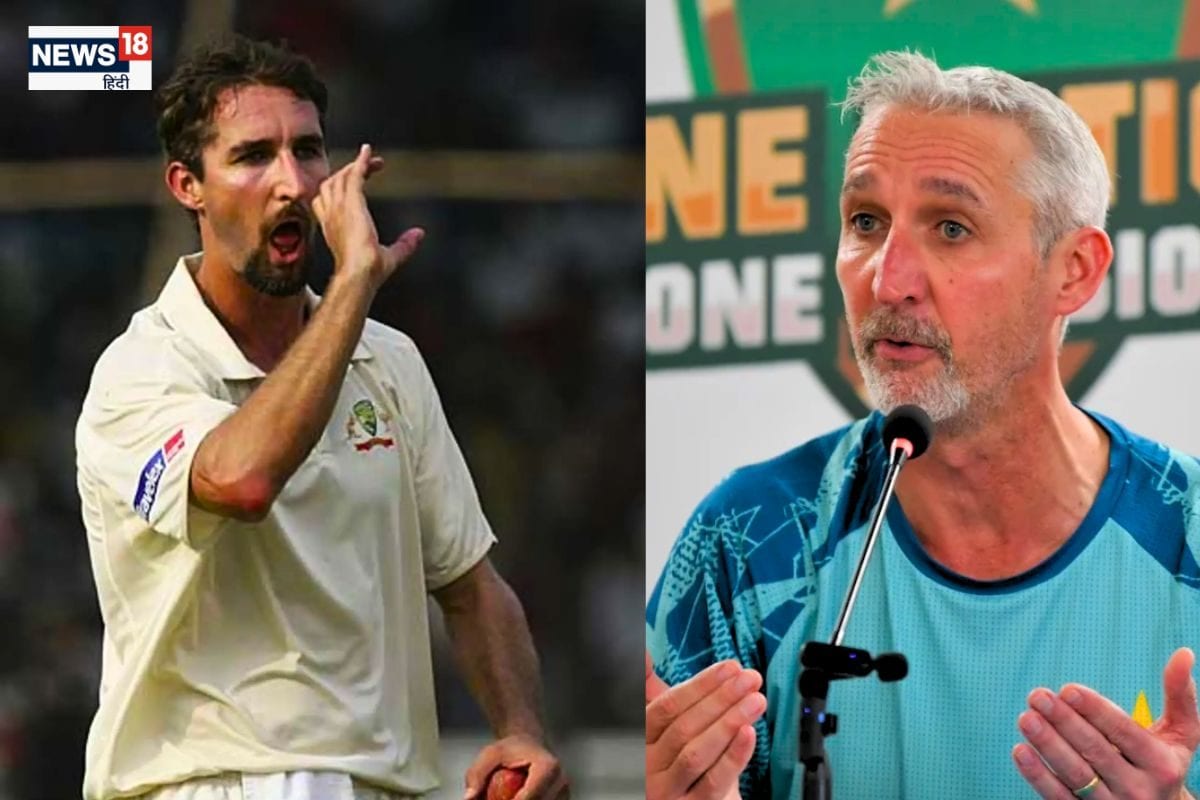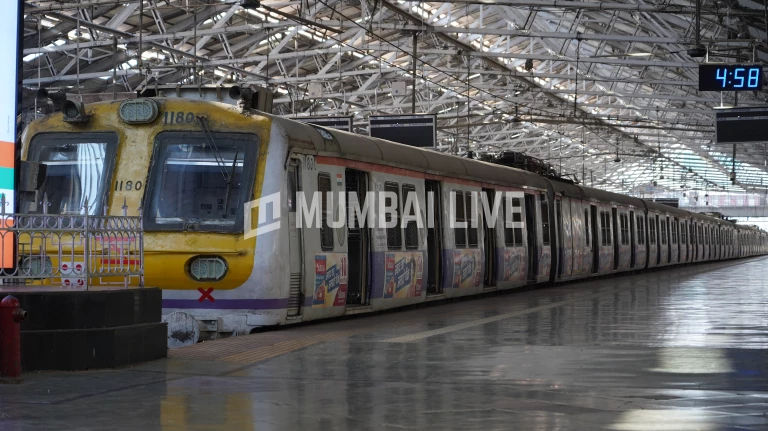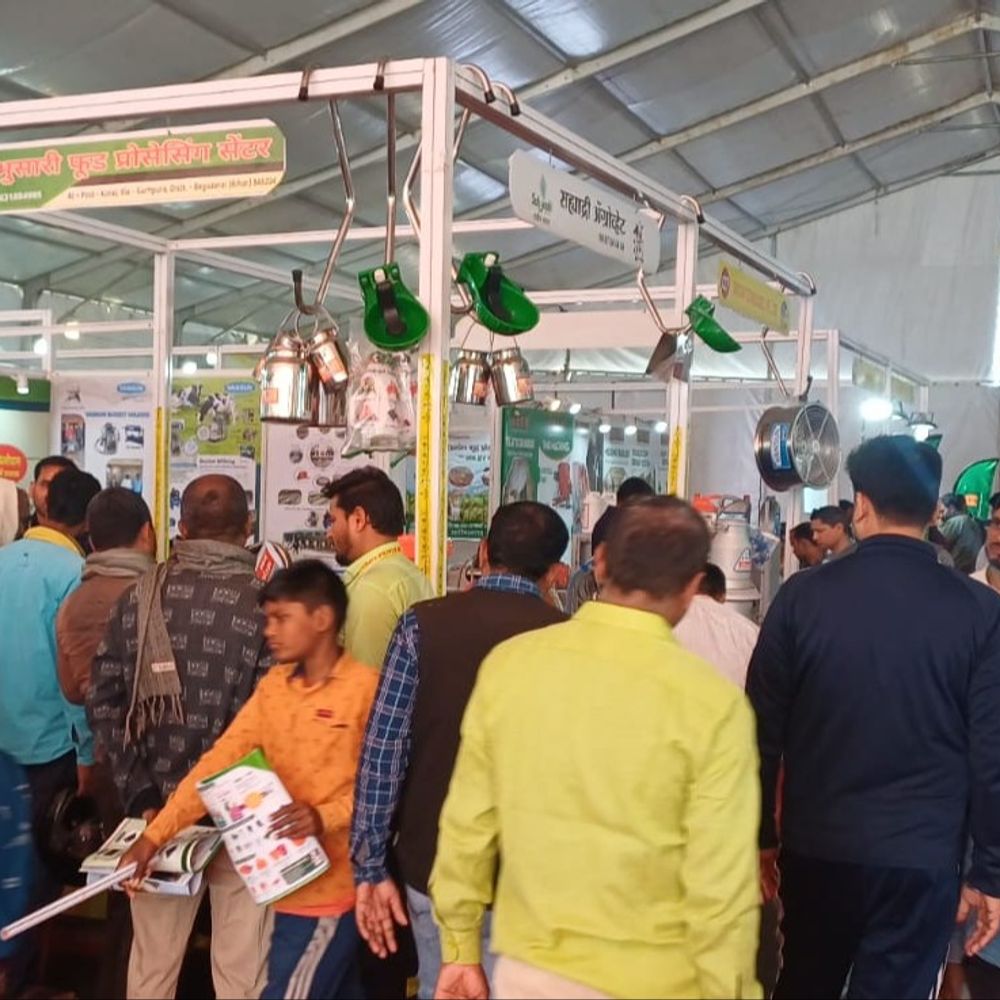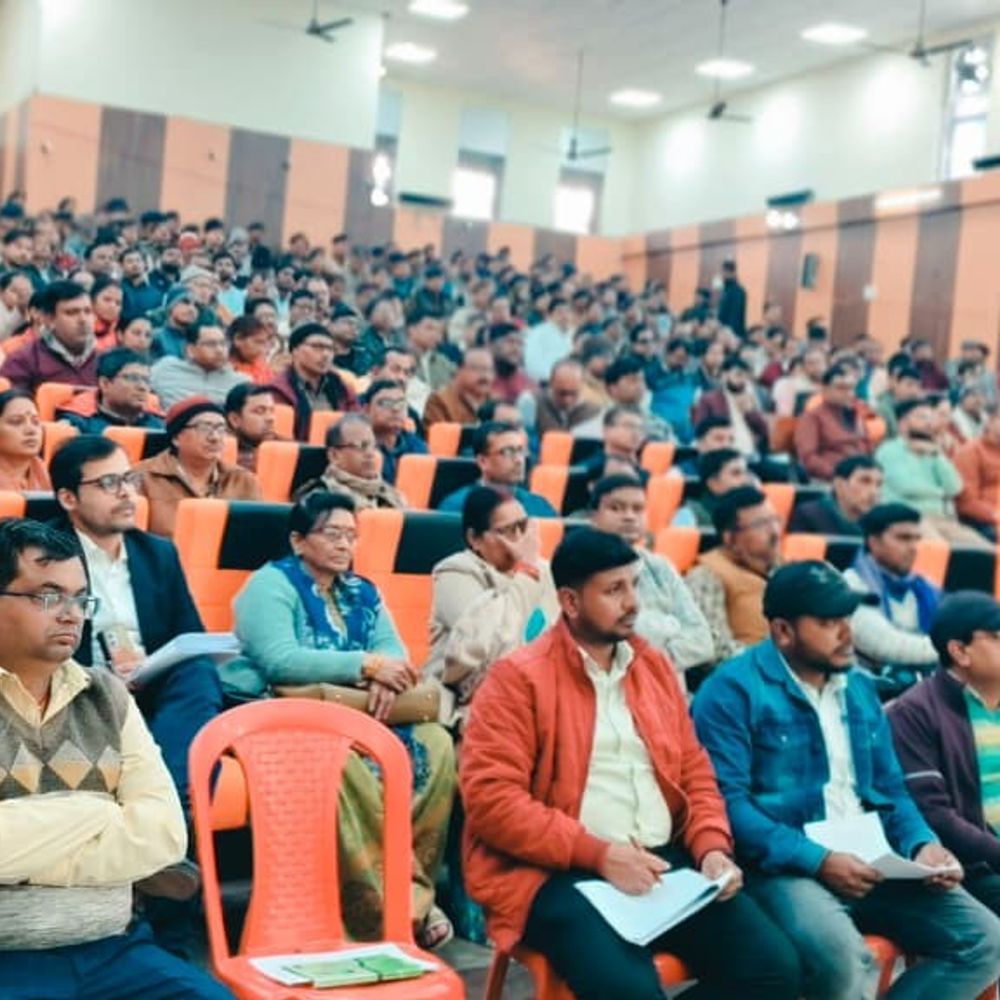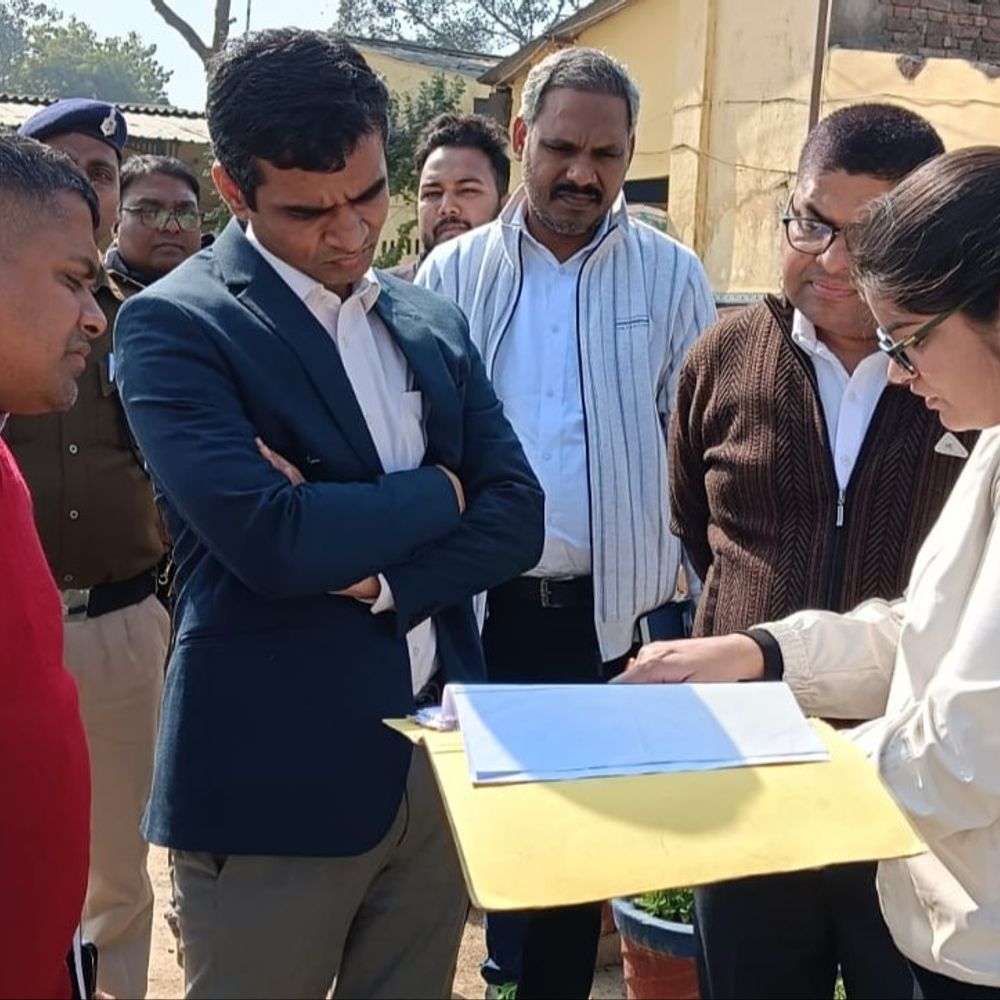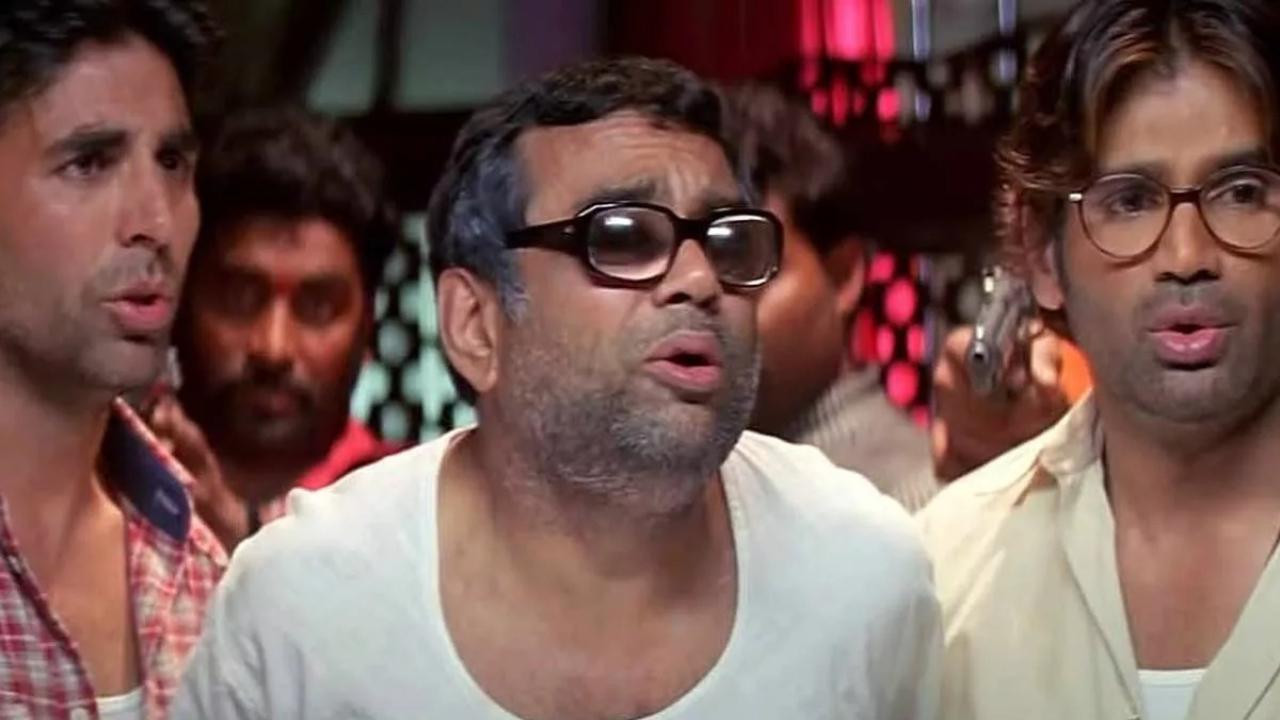Punjab floods: Diljit Dosanjh, Sonu Sood offer assistance and aid
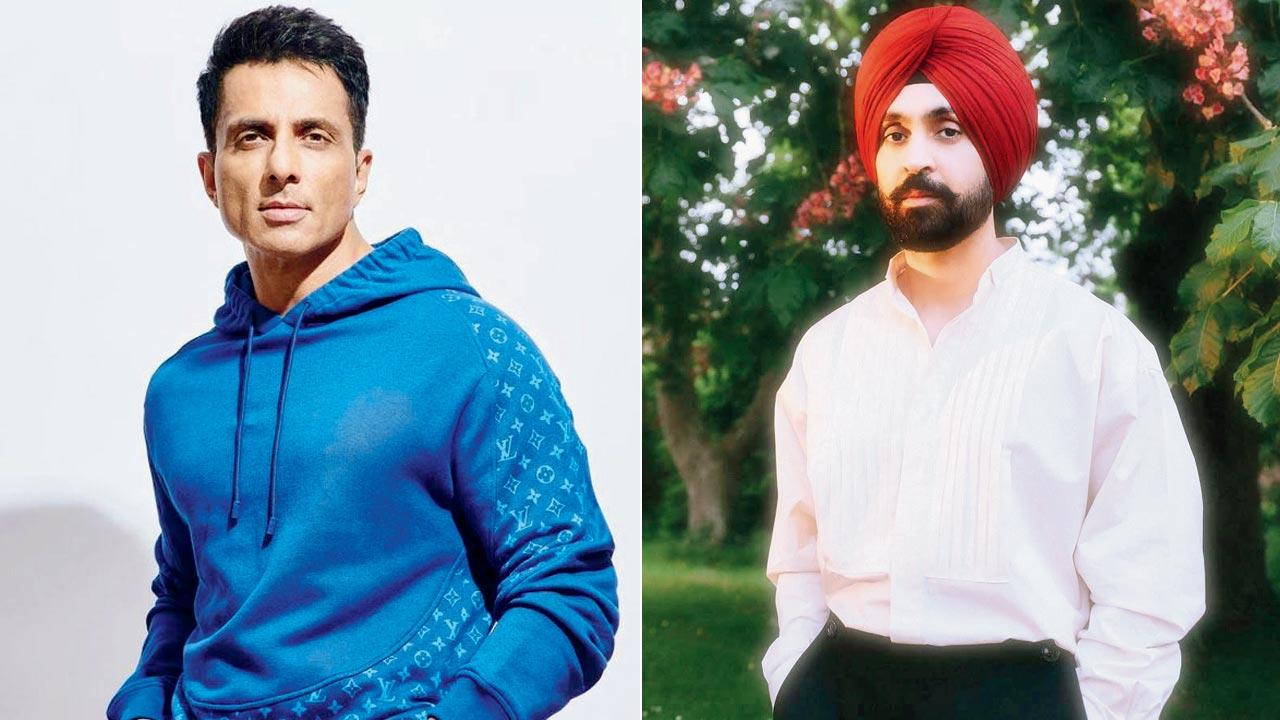
Punjab is reeling under its worst floods since 1988, with all of its 23 districts hit and over 3.5 lakh people affected. At such a time, as multiple disaster response teams, including the Indian Army, Navy, and Air Force, are leading the rescue operations, many prominent actors and filmmakers have stepped in to lend a helping hand and commit themselves to the state’s long-term rehabilitation.
Actor Sonu Sood has sprung into action with the Sood Charity Foundation deploying medical vans, distributing sanitary kits, and setting up health camps in the most affected districts. Sood revealed to mid-day that his sister Malvika, along with the foundation’s team, headed to Punjab earlier this week and surveyed many villages to understand the on-ground necessities. He elaborates, “Malvika is on ground, meeting each person. She has covered the villages of Khamanon, Khurd, Sanghera, and Dharamkot as the idea is to reach out to as many people as possible. I am on video call 20 times a day to make sure we are sending relief material — including medicines, food, mosquito nets, and cattle fodder — to the right people. We have also sent two boats to the low-lying areas of Dharamkot and Fazilka.”
The actor understands that consistent and months-long continuous relief work will be required to bring Punjab back to its feet.
Honey Trehan and Ammy Virk
Sood adds, “The real challenges lie when the water recedes and [diseases] spread because of the stagnant water. We will have to provide medicines to the affected. We will also have to help them with their source of livelihood as people have lost not only crops but also homes.”
Earlier this week, mid-day reported that Diljit Dosanjh had adopted 10 worst-hit villages in Gurdaspur and Amritsar (Gestures that win hearts, Sept 3). Having teamed up with Saanjh Foundation, the singer and actor is ensuring that residents have access to ration kits, medicines, and temporary shelters. A source reveals, “In the first phase, Diljit’s team is distributing solar lights, tarpaulins, food, clean water, and medical aid. As waters recede, they’ll begin the second phase where they will assess the damage, launch reconstruction of homes, ensure means of livelihood, and rebuild sustainable infrastructure.”
Meanwhile, filmmaker Honey Trehan is working with the not-for-profit organisation Sarbat Da Bhala in Punjab to ensure that supplies directly reach the interiors, where official aid has been slow to arrive. He has sent a boat each with rations to Amritsar and Gurdaspur. “There is no other way of transporting the rations than by boat. I have also sent some trucks carrying cattle feed to Ajnala. From Thursday, we are sending clothes, raincoats, and sanitary pads to the villagers in Fazilka.”
The floods will have a lasting impact on Punjab’s agrarian economy, with a quarter of the state’s population relying on agriculture and livestock for their livelihood. According to reports, 1,48,000 hectares of agricultural land have been destroyed. While there has been a wave of contributions from across the country, Trehan echoes Sood’s sentiment as he emphasises that the crisis won’t end when the waters recede. “We need a long-term approach. The estimated time for the fields to get back to normal is three years. People like Diljit and Ammy Virk have adopted villages and families.” Vindu Dara Singh adds, “We have been sending food and my brother Amrik in Chandigarh has been helping out, but now they need more boats. We are sending what we can.”
3.5 L
Number of people affected by the floods
What's Your Reaction?
 Like
0
Like
0
 Dislike
0
Dislike
0
 Love
0
Love
0
 Funny
0
Funny
0
 Angry
0
Angry
0
 Sad
0
Sad
0
 Wow
0
Wow
0
